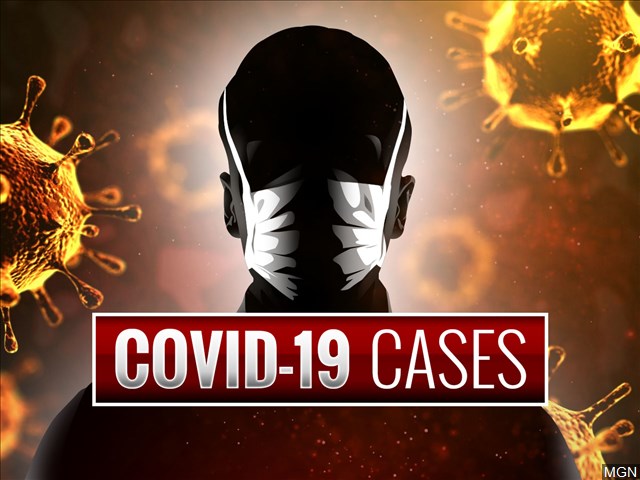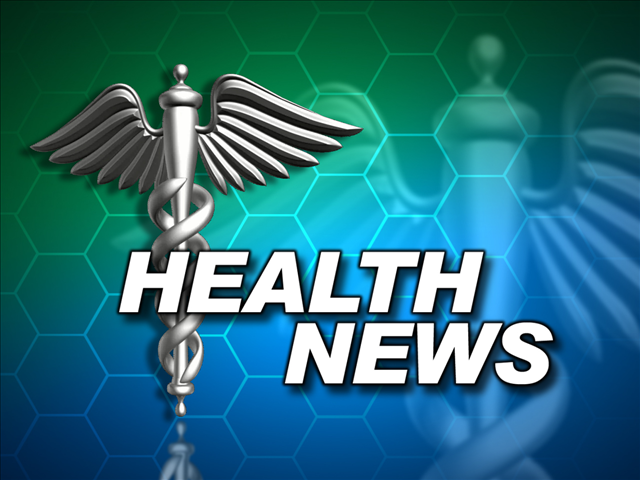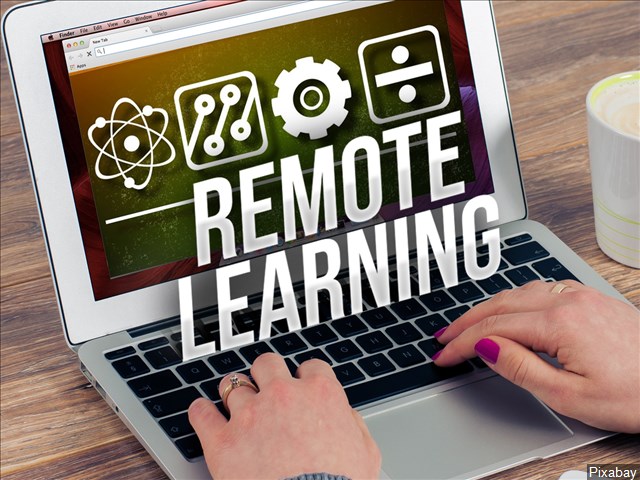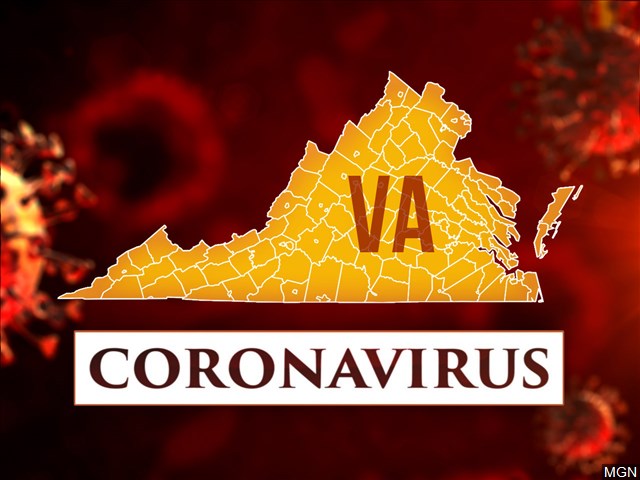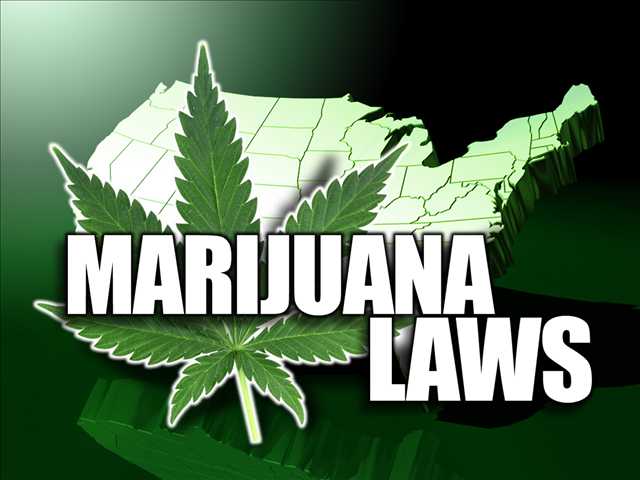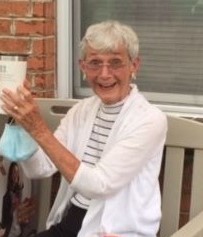According to the latest numbers released this morning by the Virginia Department of Health there are 30...
Health and Medicine
Summer means big outdoor parties and family get togethers. That brings another warning that the coronavirus is...
According to the latest numbers released this morning by the Virginia Department of Health there are 24...
For those battling severe obesity, surgery is always an option when all else fails. LewisGale invites those...
According to the latest numbers released this morning by the Virginia Department of Health there are 24...
Roanoke County Schools have launched an on-line survey asking parents if they want their children’s instruction to...
The Virginia Department of Health now reports 950 confirmed or probable COVID-19 cases in the Roanoke Valley:...
State health officials say they are working to determine why COVID-19 test results at some nursing homes...
There are ten new confirmed or probable coronavirus case being attributed to the Roanoke Valley according to...
LewisGale Regional Health System and parent company HCA Virginia are now working to assist people who may...
As of today, possession of an ounce or less of Marijuana is a civil offense punishable in...
For at least the next 14 days – or until the Governor cuts it short – today...
There was a very special celebration at Family Service of Roanoke Valley this afternoon as Jane Hurt...
According to the latest numbers released this morning by the Virginia Department of Health there are 84...
COVID-19 lockdowns have caused many to start showing signs of depression and doctors are noticing an increase...

